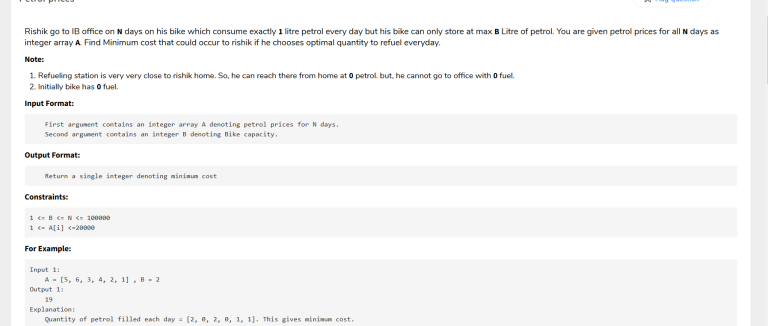Hey, can someone tell me what are some of their favorite Div 2 rounds whether they are too old or new, from which they learn new tricks, techniques. Also, who are some good problem setters who set very interesting problems in the past as well as present.
Any suggestions would be helpful. Thanks!












